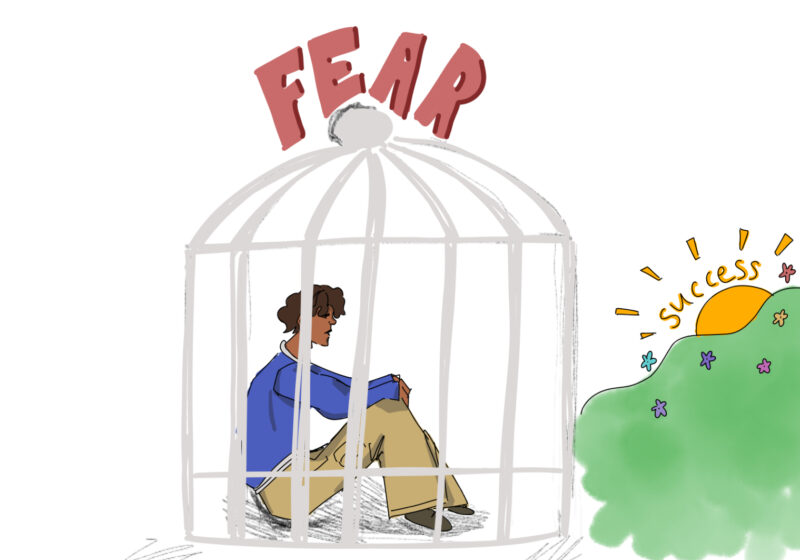
Are U.S. laws may be unfairly favorable towards the criminal? Source: http://www.econ.ucsb.edu
If you look at our legal system, it is unfairly biased against the victim. The tilt in the playing field benefiting the criminal is very visible. Criminals are coddled by ACLU attorneys and activist judges who shower them with rights that are unjust and immoral. In some states, criminals do not even have to worry about facing the same fate as their victims.
With that in mind, I must address the issue of capital punishment. The governor of Illinois is currently considering whether or not to ban the death penalty. 13 states have already abolished it, but this is the wrong time to ban it in Illinois. Just looking at Chicago, six police officers were killed last year. Chicago saw 442 other homicides in 2010. Critics of capital punishment argue that it does not deter crime, but let’s look at Singapore.
Singapore has the most executions per capita of any country and has a very draconian legal system. Illegal discharges of firearms, burglary, rape and murder are all crimes that warrant execution in Singapore. In Singapore last year, there were 0.0063 crimes committed per capita, while in Chicago there were 0.0083 crimes per capita.
In Singapore, the crime rate has gone down consistently since 1994. The harshest legal system has given life to one of the safest places to live. Abolishing the death penalty and letting murderers off the hook seems like it would be quite detrimental for Illinois right now. Proponents of the ban have concerns about the rights of criminals, but some also cite the costs involved with executing murderers. Shortening the appeals process would solve that problem.
It takes at least nine years to execute someone in the United States. In Singapore, one murderer was tried in May of 2006 and hanged — yes, hanged — in November of 2007. The costs were fairly low. 56 percent of violent criminals are repeat offenders, so chances are we will waste more money and lives if we don’t execute them.
However, the Illinois legislature feels that the death penalty should be banned, so there’s a good chance it might be. To make matters worse, 20 Illinois death row inmates have been released since 2000 due to “prosecutorial errors.”
Giving criminals get-out-of-jail-free cards when the police of prosecution sometimes violate their precious rights is another problem our justice system has. If the cops do anything wrong to a criminal, including talking to them without permission or forcefully detaining them, then a dangerous menace may walk.
Now, imagine you are teaching a class of fourth graders, and one of them acts out, so you send him to the corner. Then one of his classmates goes over and bullies him. Do you let both the bully and the original perpetrator go free? You send the bully to a different corner and let the original offender serve out the rest of his punishment. If cops do something egregious to a guilty criminal, the court should not let the criminal go free — it should reprimand the police officer, possibly with jail time or a fine.
Guilty criminals have rights before they are even in custody. In Kentucky, Hollis King was arrested and released after police found illegal drugs in his apartment. He does not dispute having the drugs. That should have guaranteed a prison sentence, but the courts found that the police violated his rights by not getting a warrant. They smelled pot coming from his apartment and did not want to give him time to destroy the evidence.
That seems like a good enough reason, but Junior Supreme Court Justice Elena Kagan recently stated that all the police would have to do is say we smelled pot or we heard noise and then kick down any door they please. I find slippery slope arguments like this one to be very unconvincing. This is just another case where admitted criminals are given more rights than the victims or law-abiding citizens receive.






